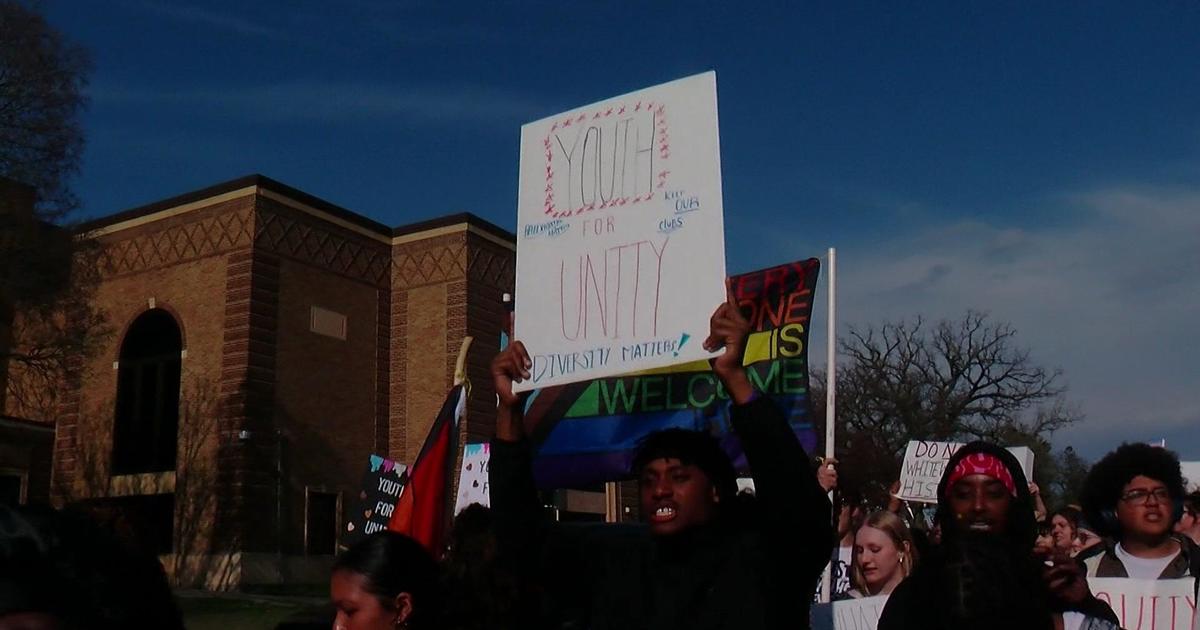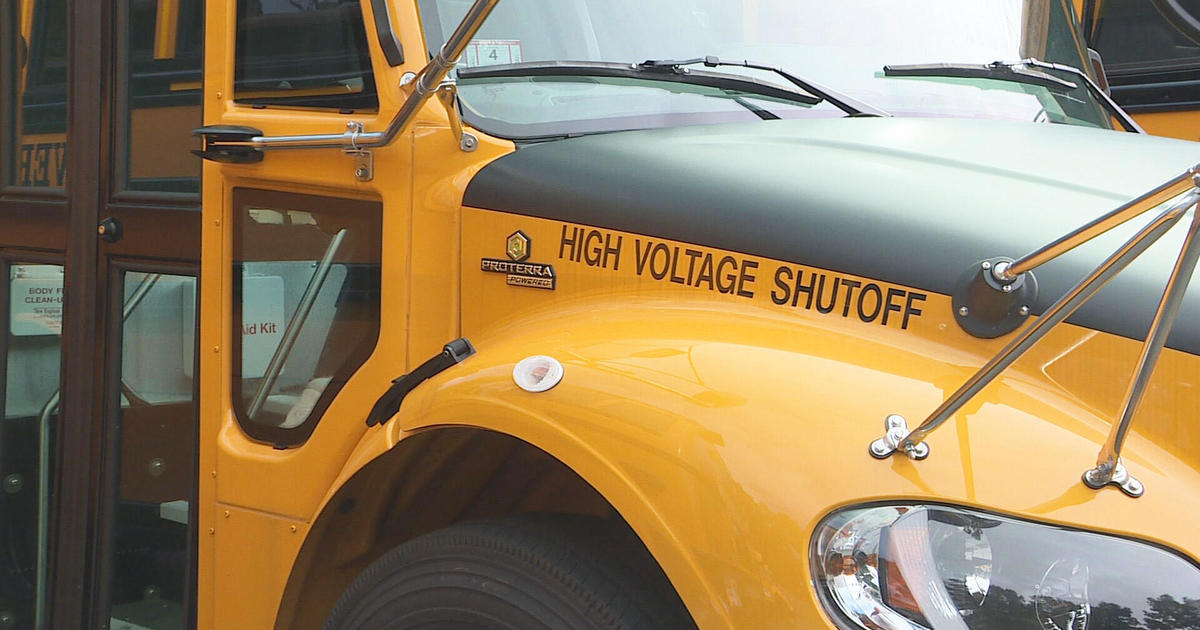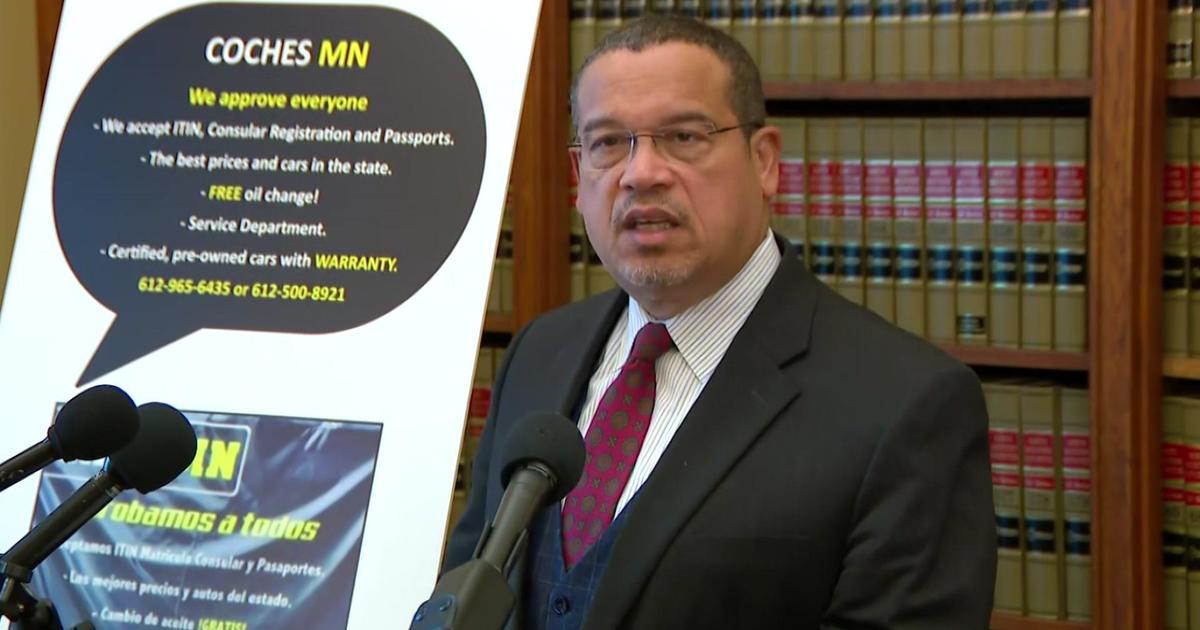Top Leaders At MN Capitol Suggest Bipartisan Deal On Plugging Special Education Services Funding Gap In Schools
ST. PAUL, Minn. (WCCO) - As lawmakers race to finish the legislative session this week, top leaders forging agreements at the capitol say there is likely a bipartisan deal to cover unfunded costs for special education services in schools.
Legislative leaders and Gov. Tim Walz on Monday announced a budget framework setting the parameters on how to spend state surplus funds, which included $1 billion earmarked for education. They offered few details beyond top line numbers, but suggested plugging the funding gap for special education, known as the cross-subsidy, is a real possibility.
"We're hearing it from school districts across the state of Minnesota," Sen. Majority Leader Jeremy Miller said. "I think we can find some common ground on that area."
State and federal aid doesn't cover the full cost of special education, which is required by law, and if there is a shortfall, a district draws from other general fund money. For the 2020-2021 school year, 149,000, or 17%, of students qualified for some sort of special education service, according to a summary from Minnesota House research staff.
Walz during a visit to Como Park Elementary School Tuesday echoed Miller and said it was "gratifying" to hear the Senate GOP leader agree that addressing the special education cross subsidy is important.
"This was a priority of ours, the priority of administrators who understand that because of federal mandates, and because of the way that school funding is done—and it's not very fungible—it puts them in almost unwinnable situations to try and support all of our students as we should," Walz said.
By Tuesday night, the lead Senate Republican on education spending Sen. Roger Chamberlain, R-Lino Lakes, sent an updated proposal to House Democrats that includes $265.6 million in the current biennium to cut special education costs and $676.2 million in future years. It amounts to 40% of the cross subsidy, Chamberlain said in a letter detailing the offer.
Republicans and Democrats from both chambers are meeting in a special "conference committees" this week to discuss diverging proposals. They trade offers to find a compromise, but their initial competing plans were hundreds of millions apart.
The governor also signaled that subject to negotiations is a boost to the per-pupil education funding formula, though Miller later Tuesday said he hadn't discussed that with Walz or Hortman yet.
Walz, who is a former teacher, also said mental health and increasing the number of teachers of color in the classroom are priorities as top negotiators try to close deals in the final days of session.
"The bottom line is that Minnesota schools are going to get an infusion of resources they need," he said.
The session ends next Monday but bills need to pass by Sunday night.



